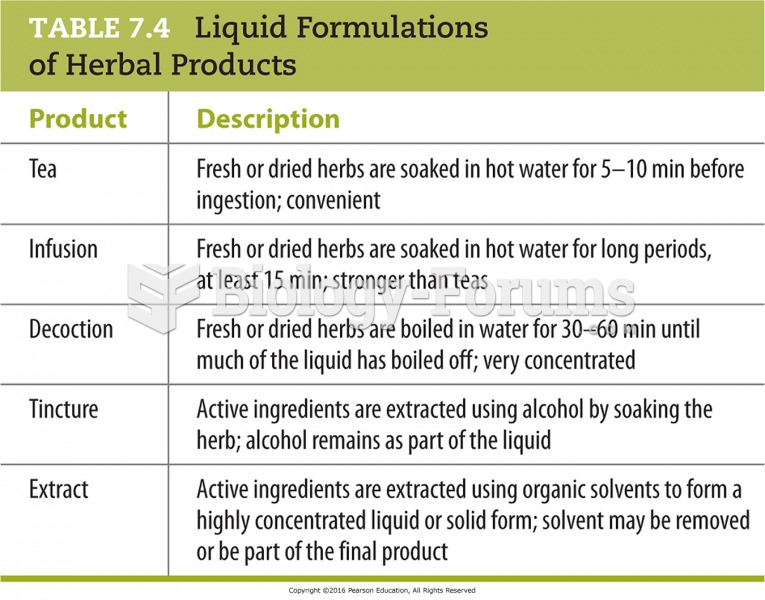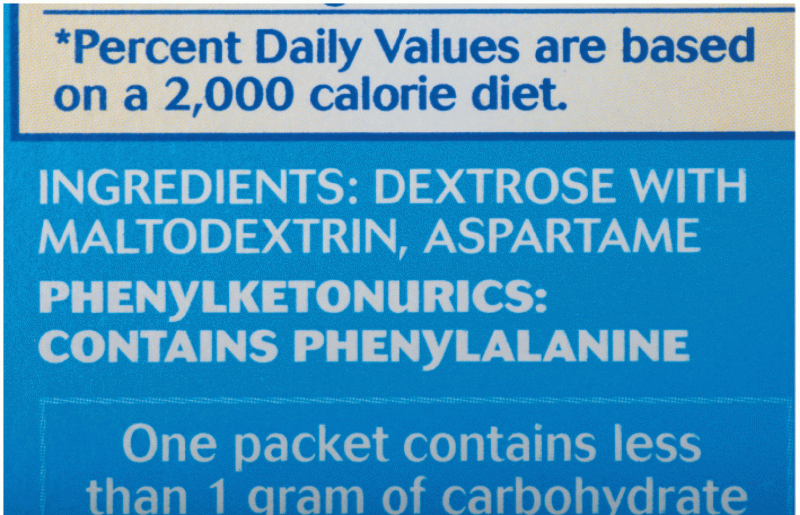|
|
|
The first war in which wide-scale use of anesthetics occurred was the Civil War, and 80% of all wounds were in the extremities.
The first oral chemotherapy drug for colon cancer was approved by FDA in 2001.
More than 2,500 barbiturates have been synthesized. At the height of their popularity, about 50 were marketed for human use.
In 1886, William Bates reported on the discovery of a substance produced by the adrenal gland that turned out to be epinephrine (adrenaline). In 1904, this drug was first artificially synthesized by Friedrich Stolz.
The senior population grows every year. Seniors older than 65 years of age now comprise more than 13% of the total population. However, women outlive men. In the 85-and-over age group, there are only 45 men to every 100 women.
 Bronfenbrenner’s model of the ecological-systems approach to studying development. He suggested that
Bronfenbrenner’s model of the ecological-systems approach to studying development. He suggested that
 Upward social mobility, though welcome, can place people in a world so different from their world of ...
Upward social mobility, though welcome, can place people in a world so different from their world of ...





